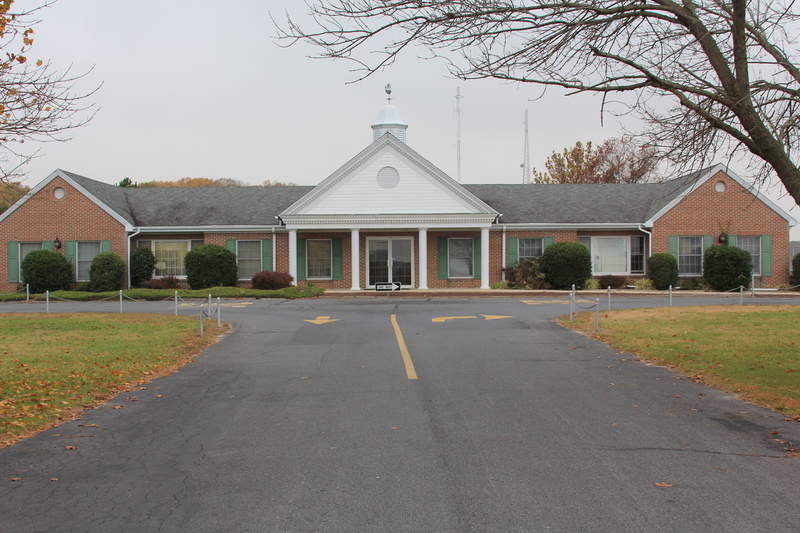Closing the achievement gap for the Cape district’s most disadvantaged students just took one step closer to fruition.
Cape Supervisor of Instructional Support LouAnn Hudson said the district received Delaware Department of Education approval the last weekend in June to use state funds to create new positions, train staff, and hold a summer academy for students and a pre-K academy for parents.
In March, the state announced a three-year, $60 million opportunity funding initiative for English-learner and low-income students. Cape will receive $661,000 for the 2020 fiscal year; funding for the next two fiscal years will fluctuate based on enrollment.
Hudson said the district will hire an English-learner teacher, an English-learner specialist and an instructional specialist. She said the critical new positions will provide strategies and support for students, especially at the high school, with opportunities to help them graduate.
“It’s harder to learn a language and content at the same time at the high school level,” Hudson said.
Hudson said staff will ensure younger, qualified English-learner students have a pathway into advanced programs.
Hudson said the district’s English-learners include native Hispanic, Chinese, Portugese, Russian, Arabic, Turkish, Japanese, Croatian, Creole, Vietnamese and Italian speakers. She said most students were born and raised in the United States, but the primary language at home is not English.
The U.S. Department of Education has found all children are entitled to equal access to a public elementary and secondary education, regardless of their or their parents’ actual or perceived national origin, citizenship or immigration status.
Staff training will include sessions on equity and cultural awareness, and trauma sensitivity.
“This will help staff make sure issues such as mental health and cultural differences are addressed on the staff side so there are no barriers to learning,” Hudson said.
A proposed summer academy will target English-learners and low-income elementary students not performing at grade level for reading. If funds are available, the academy may also accept middle-school students.
“It will provide summer intervention for them so there will be no ‘summer slide,’ and they can continue their growth over the summer,” Hudson said. “Early intervention is key and makes sure they stay on track.”
Hudson said low-income children start kindergarten with a word deficit compared to children from homes of average or above-average income.
“Even if they speak English, they haven’t been exposed to reading materials focused on literacy and vocabulary,” Hudson said. “We hope to fill the gap and help parents with tools to prepare their children for kindergarten and beyond.”
A pre-K parent academy will help non-English-speaking and low-income parents support their children. Staff will meet families at community centers and provide childcare while literacy and math experts hold sessions for parents.
“We can’t always expect parents to come to us. We have to make the outreach to them,” Hudson said. “After sessions, parents can bring materials home and practice with their children before they get to kindergarten.”
The district will work with the Department of Education to set program goals and measure progress, including results of state testing scores, graduation rates, course credits accumulated at Cape High and pass rates for other grades.
“All data will be collected by a third-party agency, and best practices will be shared with other schools to make a bigger impact statewide,” Hudson said.





















































